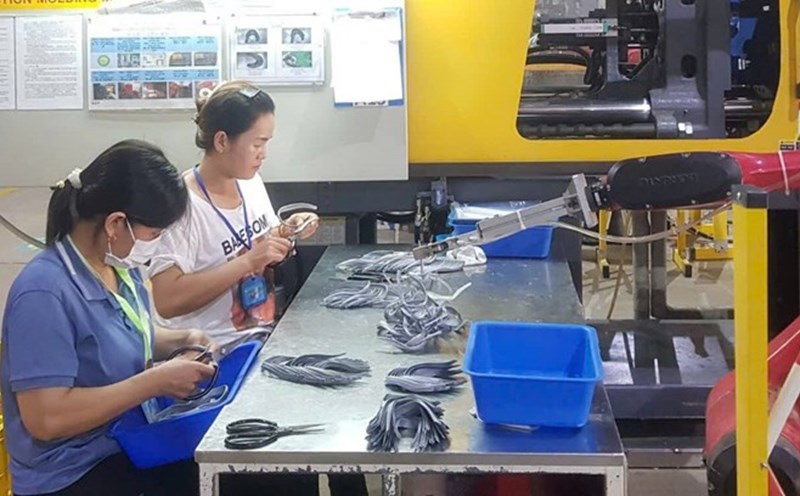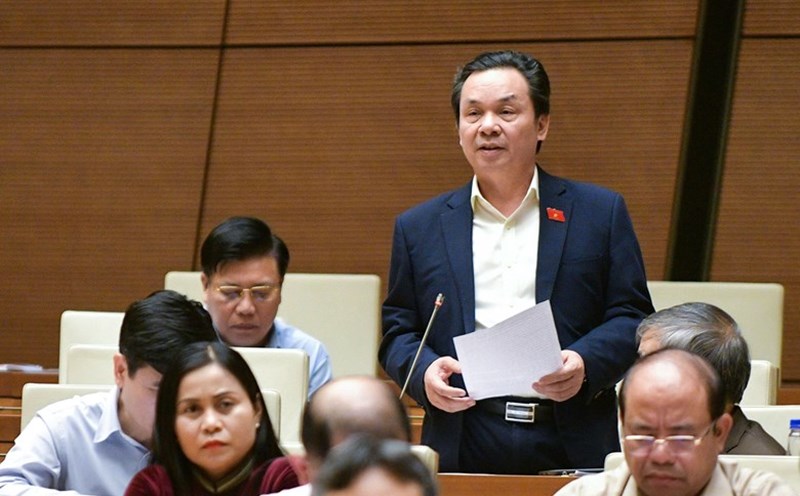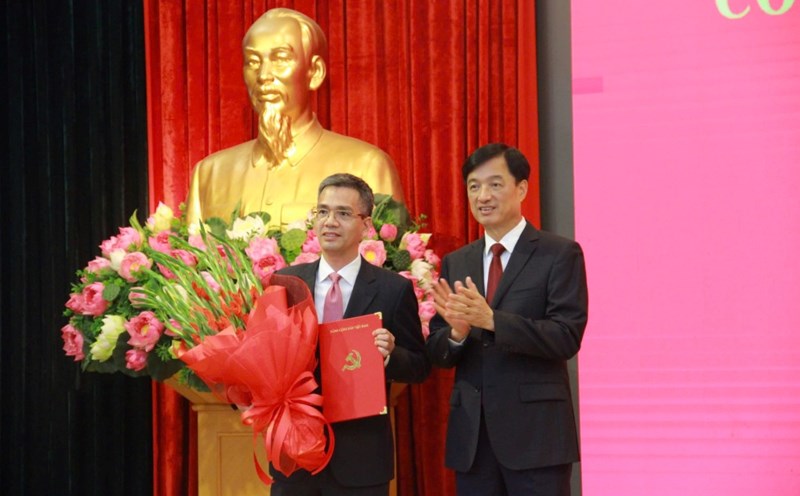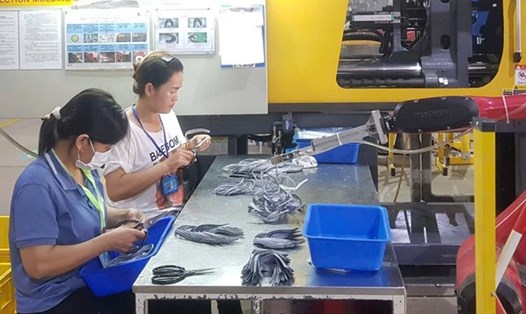Technology, electronics guide "waves"
Vietnam's industry is undergoing a strong transformation supported by FDI inflows, large-scale infrastructure projects and a favorable legal environment, attracting a wave of foreign investment.

“Strong FDI inflows, strategic location, competitive costs, e-commerce growth, open trade policies and Vietnam’s role in the global supply chain are essential factors for the long-term supply and performance of the warehouse segment,” Mr. John Campbell - Director, Head of Industrial Real Estate Savills Vietnam - emphasized.
Assessing the overall investment environment in Vietnam, Savills Vietnam experts said: “Vietnam’s economy is expected to grow by 6.1% in 2024, with inflation expected to reach 4.5%. Foreign direct investment increased by 7% year-on-year, supporting industrial real estate, while international tourism and the retail sector showed promising signs of recovery.”
According to the expert, the sectors attracting the most investment in the first nine months of the year include electronics, auto components, semiconductors and green technology. Key investing countries include South Korea, Singapore and Japan, highlighting the shift towards high-tech, high-value manufacturing. Manufacturing accounts for about 63% of FDI, showing that Vietnam's attractiveness has gone beyond traditional low-cost manufacturing.
Savills Vietnam experts analyzed that to consolidate the new wave of investment, Vietnam is promoting investment in infrastructure, focusing on key projects such as the North-South Expressway, Long Thanh International Airport and deep-water ports such as Cai Mep in Ba Ria-Vung Tau, which will create direct connections with Europe, America and Southeast Asia. Therefore, many key economic regions in the North have benefited from synchronous infrastructure.
In addition to transport infrastructure, Vietnam is also boosting digital connectivity with the expansion of 5G networks and the development of data centers, supporting the growth of e-commerce and logistics.
Many large enterprises pour billions of dollars into projects in Vietnam.
Regarding the real estate sector, according to the assessment of the Vietnam Real Estate Brokers Association, the real estate market continues to face many challenges but also many opportunities, reflecting the fluctuations of the global economy and domestic regulatory policies. In which, industrial real estate is still a bright spot in the context of increasing FDI capital flows into Vietnam. Residential real estate is also a potential segment, attracting many investors around the world.
Up to now, many large enterprises from many countries around the world such as Kusto Home (Singapore); Gamuda Land (Malaysia); CapitaLand (Singapore); Keppel Land (Singapore); Tokyu Group (Japan), Lotte Land (Korea); Central Trading & Development Group (Taiwan, China)... have been present and familiar with the Vietnamese market when pouring billions of USD into housing projects, urban areas, industrial parks... in Vietnam.
Ms. Trang Bui, General Director of Cushman & Wakefield Vietnam, predicts that from now until 2026, a large amount of capital from foreign investors will be poured into the Vietnamese real estate market. In particular, the real estate segment is currently achieving a profit rate of 8 - 10%/year. This figure is relatively attractive and much higher than the 2 - 3%/year of countries in the region.
In particular, when the Housing Law 2024 allows foreigners to extend their home ownership period to 50 years, it will be a lever, helping the market become more vibrant, especially in the high-end segment. The domestic real estate market is expected to attract billions of dollars more from foreigners who want to buy houses in Vietnam. Customers from Singapore, Hong Kong and Taiwan (China) looking to buy houses in Vietnam all expressed optimism about the market's growth rate.
“In the short term, the Vietnamese real estate market is expected to continue to be stable, with strong growth, especially in the industrial and residential real estate segments in highly urbanized areas,” said Ms. Trang Bui.











